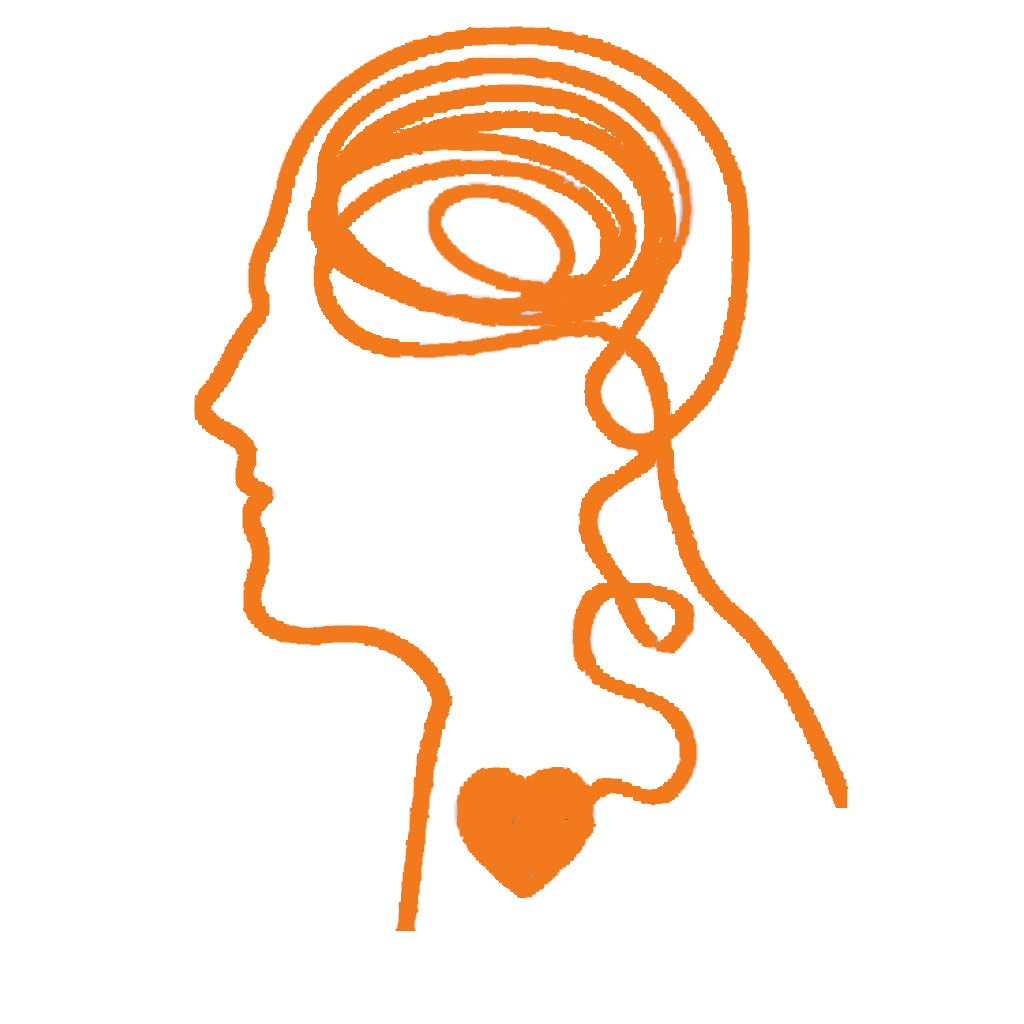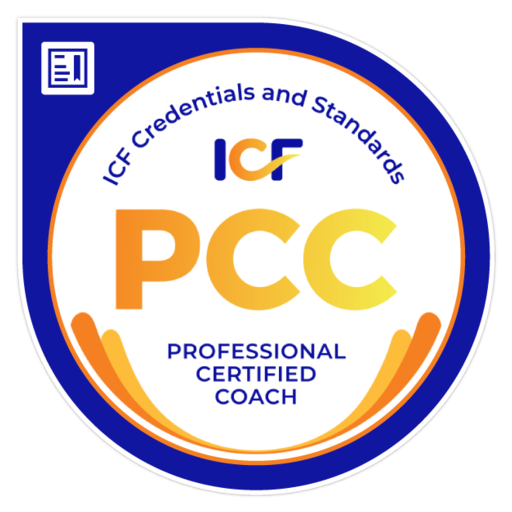Global Competencies, Cultural Differences
Part One: What is Cultural Competence?
 As I watch the news, I am stricken by the fighting – you see it on the local, regional, state, national and international news. There is a primal, basic failure to get along, lack of understanding, inability to reach consensus. And I personally find inimical the conclusion that “we have to agree to disagree.” I end up asking myself, “If we can’t get along with our friends, family and neighbors, how in the world are we ever going to get along on a global basis?” Then, because of my training, I ask, “Can neuroscience help?”
As I watch the news, I am stricken by the fighting – you see it on the local, regional, state, national and international news. There is a primal, basic failure to get along, lack of understanding, inability to reach consensus. And I personally find inimical the conclusion that “we have to agree to disagree.” I end up asking myself, “If we can’t get along with our friends, family and neighbors, how in the world are we ever going to get along on a global basis?” Then, because of my training, I ask, “Can neuroscience help?”
I’ve learned through my neuroscience studies that often we react first, and think second. Our knowledge can come more slowly than our instinctive reaction. And, in the case of cultural differences, our instinct about what is different or what makes another person act or think as he does may be dead wrong. We hear another language and: “illiterate” “stupid” “uneducated” instead of “different.” Sometimes we just feel threatened by what we don’t understand or cannot easily internalize. Our brain is structured for survival and feeling threatened or uncomfortable we react … bang … we run away or make assumptions that inhibit our most efficient functioning. Cultural differences impact every single one of us, often negatively or instinctively, without thought.
I know it’s not easy. After all, I am a product of growing up in Germany, maturing in Israel, traveling the world, and now am a U.S. citizen. But, I do know that the route to getting along on any level is to understand and accept what makes us different from each other, individually and as a group. In other words, we have to develop “cultural competence,” meaning we have to gain the ability to interact effectively with people who are different from us.
You can accomplish this by applying four basic tools:
- Awareness: be aware of your own cultural viewpoint – what triggers you; what are you afraid of?
- Curiosity: learn about different cultural practices and world views and be curious rather than judgmental – what can I learn here; how can I use this the “new” to enhance the “old”?
- Attitude: take a positive accepting attitude toward cultural differences; how can I change my attitude?
- Skills: gain cross cultural skills – what do I need to learn to be culturally competent?
The result of proactive engagement in the development of cultural competence is the ability to understand, communicate with, and effectively interact with people across cultures. Don’t react; think, internalize, contemplate, understand.
This newsletter, and three more between now and the end of the year, will give you a taste of what it means to have cultural competence and to develop the skills to deal fearlessly and effectively with diversity in our culture and, ultimately, in the global culture (or our neighbors).
Because we are days away from the presidential election (and we all have very strong opinions about the outcome), this is great opportunity for every one of us to apply the cultural competence tools in our own backyard, so to speak. One person I know was tempted to “unfriend” a Facebook friend for posting opposing political commentary on her timeline. Instead, she opted for a different solution, and in this example, shortened the four-step process and took the intellectual leap that it is cultural diversity that makes one person a Republican and another a Democrat. She took judgment out of the equation and gained a satisfactory long-term fix.
There are many definitions of culture. I like this one of Chamberlain’s: culture represents “the values, norms, and traditions that affect how individuals of a particular group perceive, think, interact, behave, and make judgments about their world.” What this tells us is that you have to study the group, and not one individual in it, to learn and understand its culture.
Applying this definition explains why at a recent very high level leadership conference for women doctors who are tenured professors at Ivy League Universities, when questioned about diversity by a black woman, my Caucasian colleague said, “You aren’t different from me. You are highly educated, a scientist, highly regarded in your field, employed, successful, and upper-middle class – just like me!” In that particular group dynamic, skin tone had nothing at all to do with diversity or culture. The two qualities that mattered were intelligence and success!
Usually, we find ourselves surrounded by like-minded people, whether based on religion, education, political viewpoint, socio-economic level or employment. Each of these is a separate culture. Before you can begin to truly develop cultural competence, you must develop awareness of your own culture and your own biases and viewpoints. What do you value? What do you like? Who am I?
Coming Soon:
Part Two: A Self-Assessment of Your Cultural Competence
Part Three: Embracing Cultural Differences
Part Four: Learning and Skill Development




